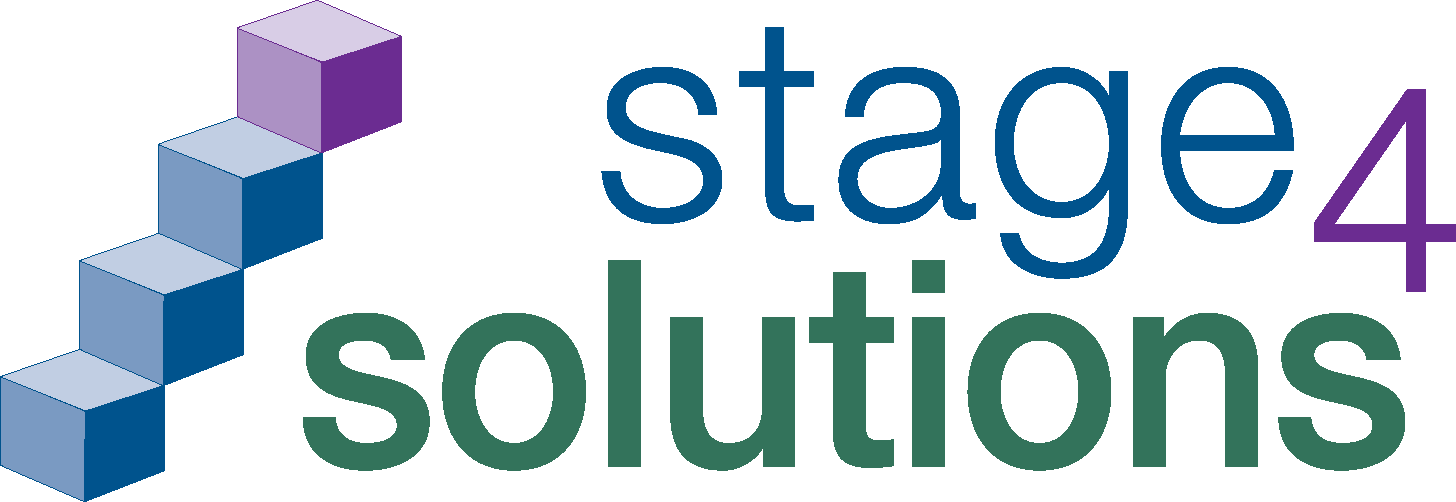From Uncertainty to Progress: Helping Teams Find Meaning and Momentum
- April 21, 2025
- Posted by: Stage 4 Solutions
- Category: Blog

The current employment landscape reflects a mixed picture, with steady hiring in some sectors, ongoing shifts in workforce needs, and continued adaptation to economic volatility. According to LinkedIn’s latest Workforce Confidence survey, employees are feeling more uncertain about their careers, finances and job prospects than at any point in the past five years. Faith in all three has fallen to record levels—even lower than the early months of the pandemic.
Overall worker confidence (scored on a scale from -100 to +100) began the year at +33 and dropped to +24 in February. For comparison, that number was +29 in April 2020, when COVID-19 first disrupted major sectors of the economy and shut down entire industries.
This escalating unease can lead to lower motivation, reduced productivity and disengagement if employees don’t feel secure in their jobs, ultimately affecting the bottom line. In this climate, strong, steady leadership is more important than ever to ensure continued delivery of results.
So how can hiring managers keep teams focused during volatile times? Here are some research-backed tips:
Lead with empathy
There is a lot going on in everyone’s lives right now, including financial worries, job security concerns, and uncertain career plans. Acknowledging these challenges and staying mindful of the context in which people are working can go a long way toward building trust. Research shows how empathy plays a key role in enhancing employee engagement and productivity. A Harvard Business Review study found that brain neuroimaging reveals people respond more positively to leaders who show compassion through actions like active listening, expressing genuine concern, and supporting both personal and professional growth. Approaches such as checking in regularly with your team, offering flexibility when needed, and recognizing individual efforts can have a powerful impact on employee well-being, retention, and productivity.
Communicate with transparency
When confidence is low, silence can make it worse. Employees need clarity, consistency and reassurance that someone is steering the ship. According to a new Forbes article, team members’ trust grows when managers are open about decisions and communicate in a consistent, honest way, even when the news is less than ideal. A recent Paychex study found that while nearly 90% of employees value transparency, fewer than half believe their managers provide it. People are more likely to trust leaders who speak candidly about hiring, business results, and even setbacks. By regularly sharing updates, outlining career growth paths, and engaging in honest conversations, managers can promote a culture of openness that boosts morale and improves outcomes.
Focus on growth and small wins
Right now, a lot of people are feeling stuck, unsure of what is next for their careers, and that can result in uninspired teams. In times of instability, progress can feel slow, but focusing on small, meaningful steps can make a big difference. A recent Harvard blog notes that breaking large projects into manageable milestones gives teams a stronger sense of progress. Celebrating these successes, even informally, reinforces that effort matters. Recognition with personalized rewards, such as shout-outs or small incentives, can also lift morale. Creating opportunities for employees to share their wins helps build a sense of connection and reinforces a culture of shared motivation. Whether you are a leader or mentor, the key is to put the focus on progress over perfection. Promoting a mindset of continuous improvement, even when outcomes aren’t flawless, builds a more resilient, engaged team.
Help employees connect with purpose
Internalizing “purpose” is powerful, and a belief that your work contributes to something bigger can help counter feelings of stress and demotivation. According to McKinsey, 70 percent of employees surveyed say their sense of meaning is largely defined by their work. As a manager, reminding employees of the bigger mission, and why their contributions matter, can have a significant, positive impact on both individuals and teams. The study also found that employees are five times more likely to feel inspired when their company reflects on its broader impact, highlighting the importance of aligning day-to-day efforts with a shared sense of purpose. That mission doesn’t have to be global or high-profile; making a meaningful difference in the local community can be just as powerful.
At a time of economic uncertainty and rapid change, good leadership is not about having all the answers, it is about creating an environment where people feel seen, supported, and inspired to move forward. By leading with empathy, communicating openly, celebrating small wins, and helping employees connect with a shared vision, managers can build trust, boost morale, and keep teams focused on what matters most.
At Stage 4 Solutions, our purpose is to accelerate careers, organizations, and communities. We work to make sure our team members have the right expertise and motivation to help your workplace succeed.
Has your organization taken steps to keep team members engaged? We would love to hear about it.

